Halim Group
Cancer and the immune system
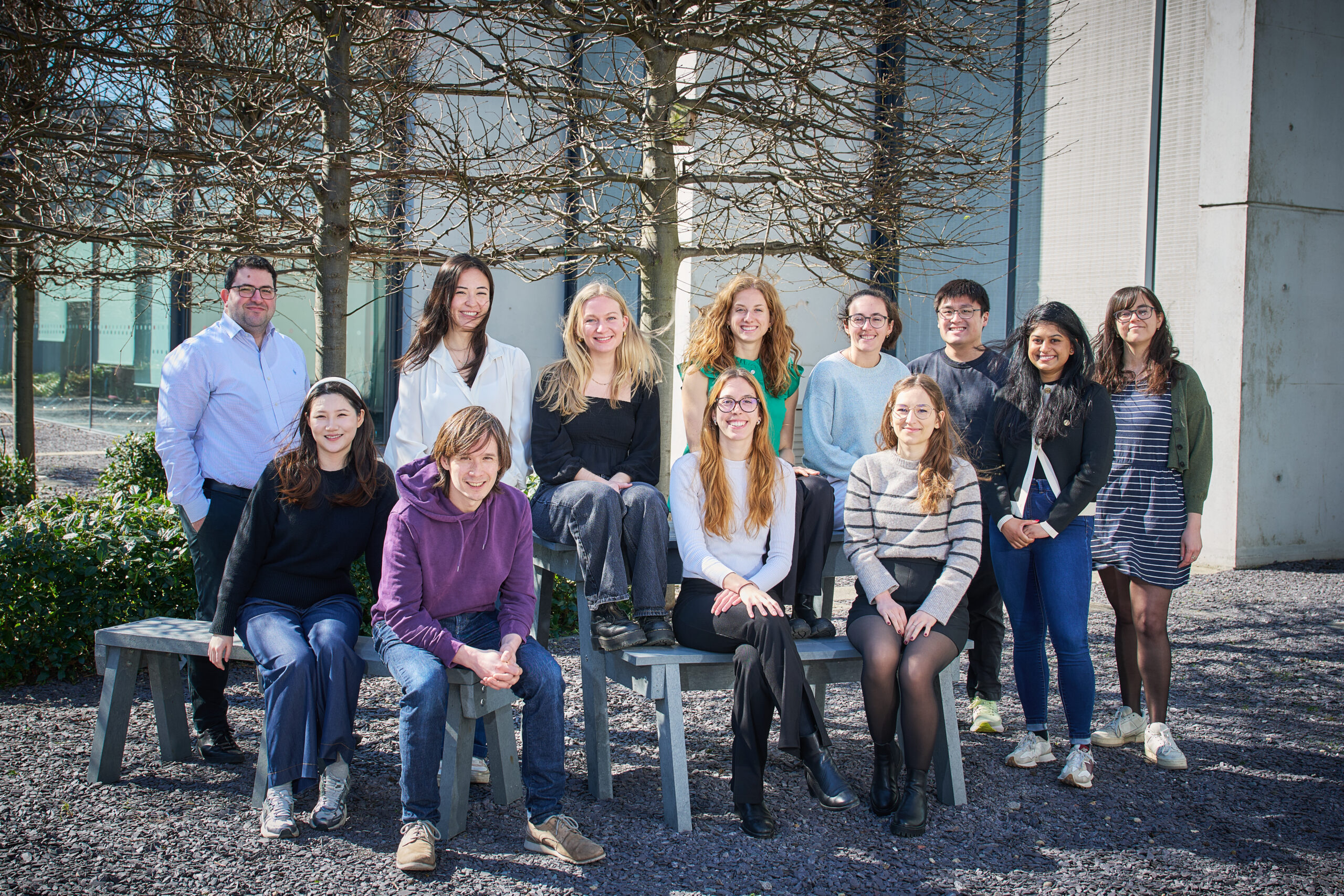
Research summary
Our team studies how the immune system interacts with cancer, focusing on a special type of immune cell called ILC2. These cells can both help and harm cancer. We use advanced tools to understand their role in cancer inflammation, aiming to discover new treatments. We specialise in imaging cancer, developing immune-targeted tools, and using single-cell technologies to study tumours.
Introduction
The immune system is intricately involved in all aspects of cancer. While many neoplastic cells are detected and eliminated by immune cells, inflammation is also a fundamental driver of tumourigenesis. Our group is interested in understanding the basic immune-regulatory mechanisms in cancer, focusing on a new type of immune-regulatory cell, called the group 2 innate lymphoid cell (ILC2). More specifically, ILC2 are known to directly influence many pro- and anti-cancer immune pathways, making this cell a challenging but potentially important target to investigate. We are using, and developing, cutting-edge reagents to study how ILC2-driven inflammation is involved in cancer. This research will reveal potential new avenues for immunotherapy.
Our research at the CRUK Cambridge Institute leverages our expertise in ILC biology and innate/adaptive immune crosstalk, and many of the strengths of the institute:
- Imaging inflammation and cancer
- Developing new immune-targeted reagents
- Single cell technologies to study the tumour niche
- Close interactions with Addenbrooke’s and Papworth hospital

Dr Tim Halim
Group Leader
Group Members
-

Tim Halim
Group Leader
-

Fanourios Georgiades
Clinical Research Training Fellow
-

Christabel Boyles
Research Associate
-

Jakub Chudziak
Research Associate
-

Julia Moreno-Vicente
Research Associate
-

Martha Montserrat Rangel Sosa
Research Associate
-

Thomas Yip
Research Associate
-

Youhani Samarakoon
Research Associate
-

Charlotte Simpson
Research Associate
-
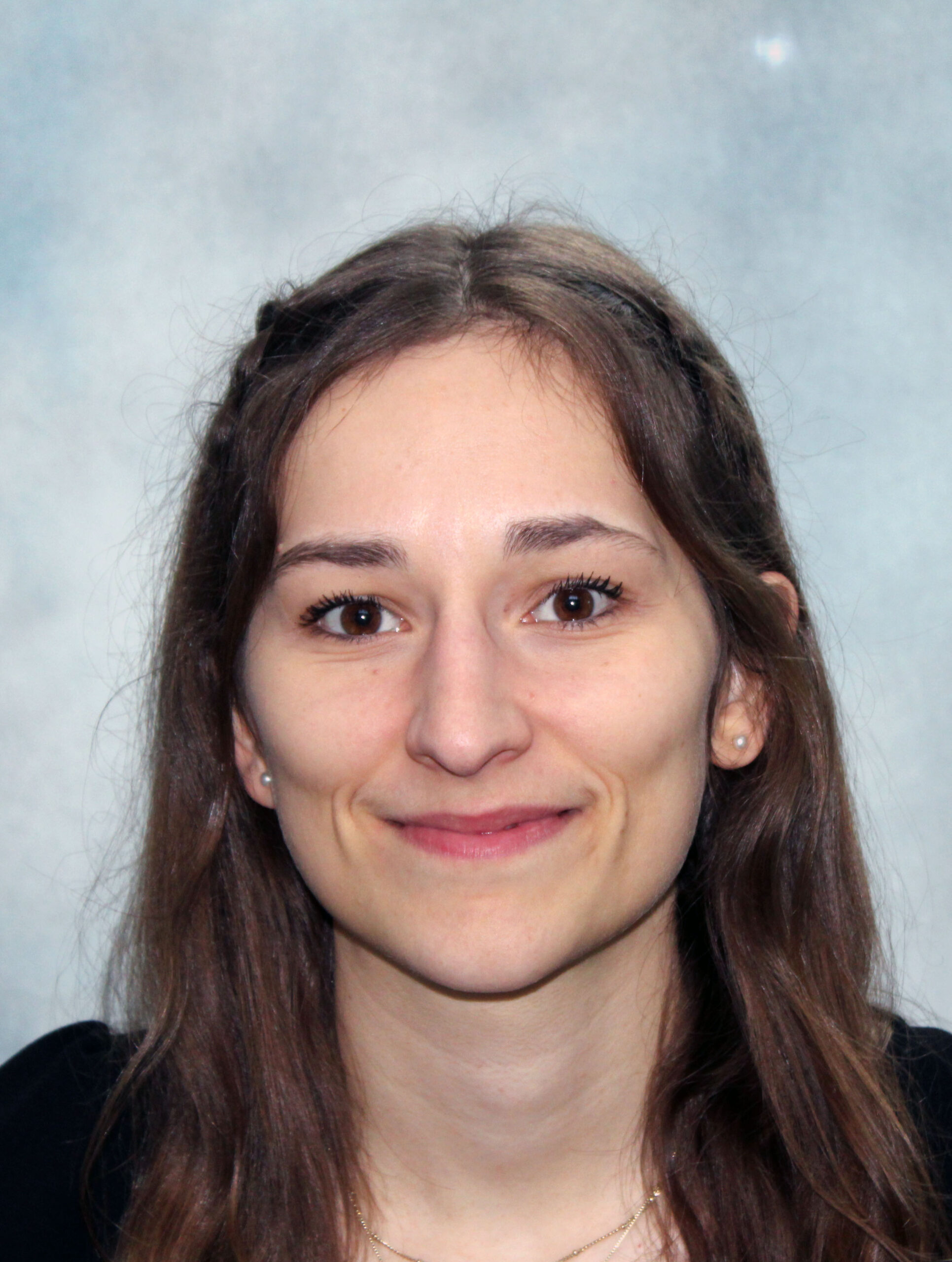
Camille Amourette
Chief Research Laboratory Technician
-
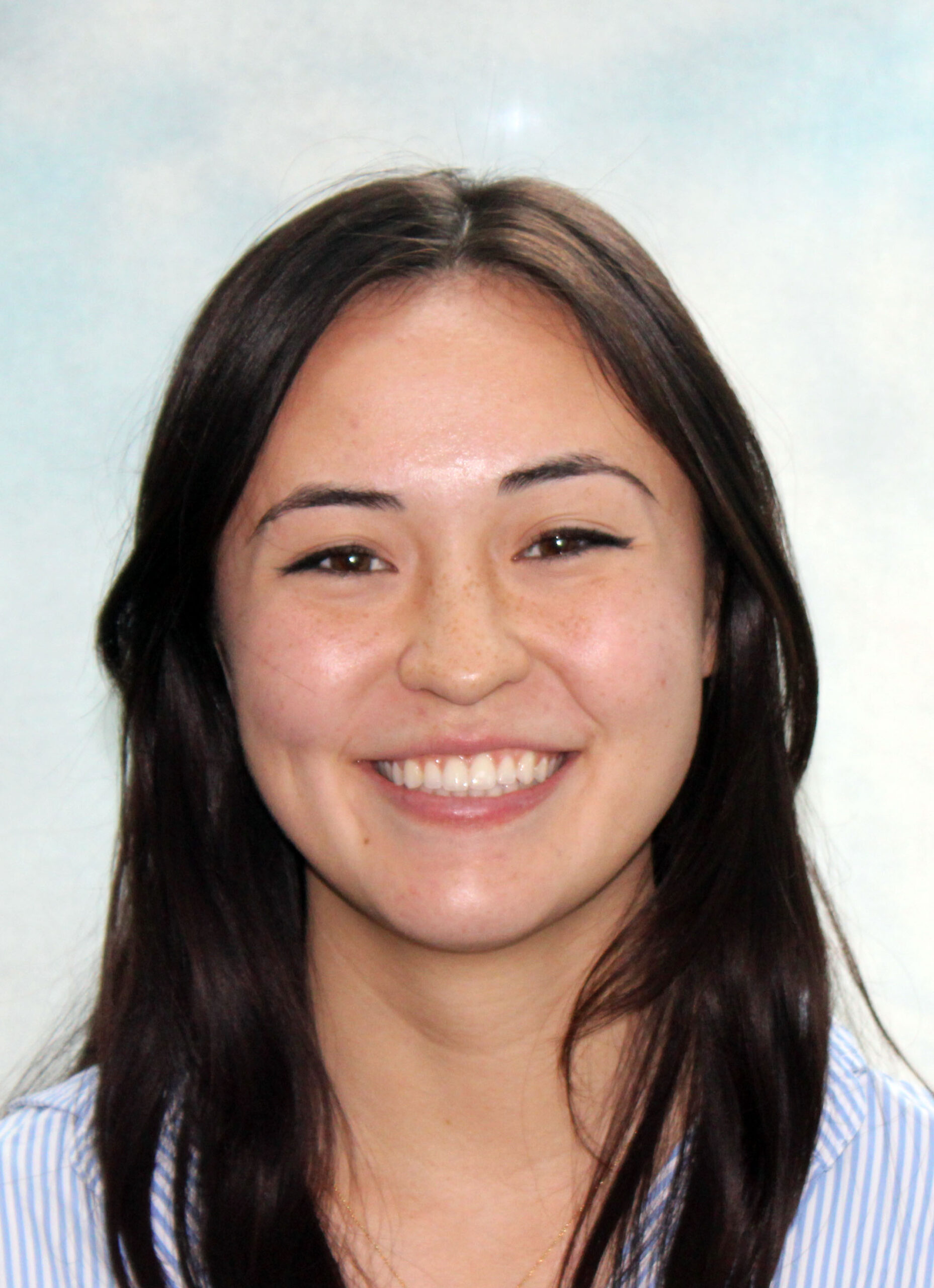
Emily Matcham
Postgraduate Student
-

Stela Monk
Postgraduate Student
-
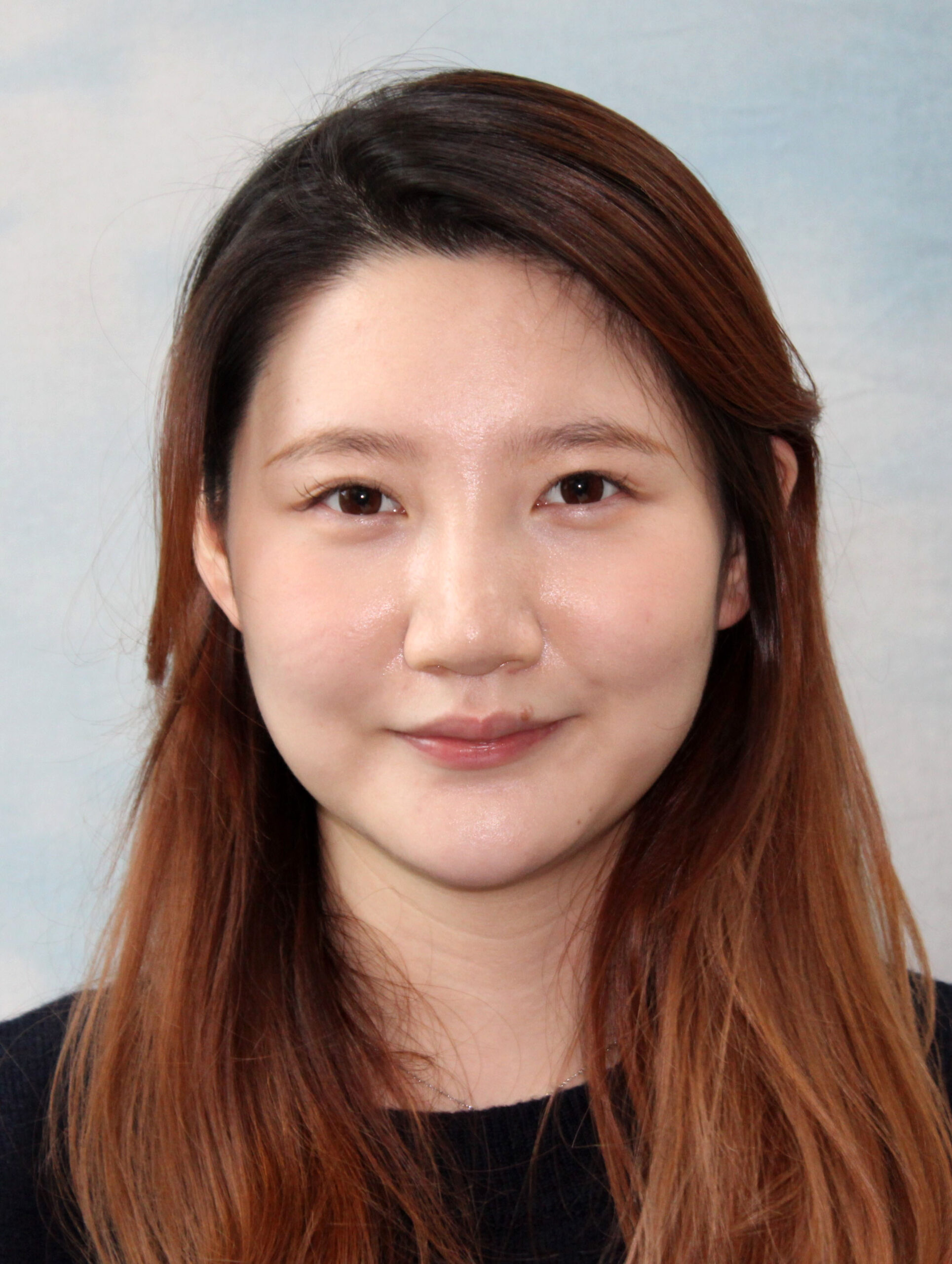
Weike Luo
Postgraduate Student
-
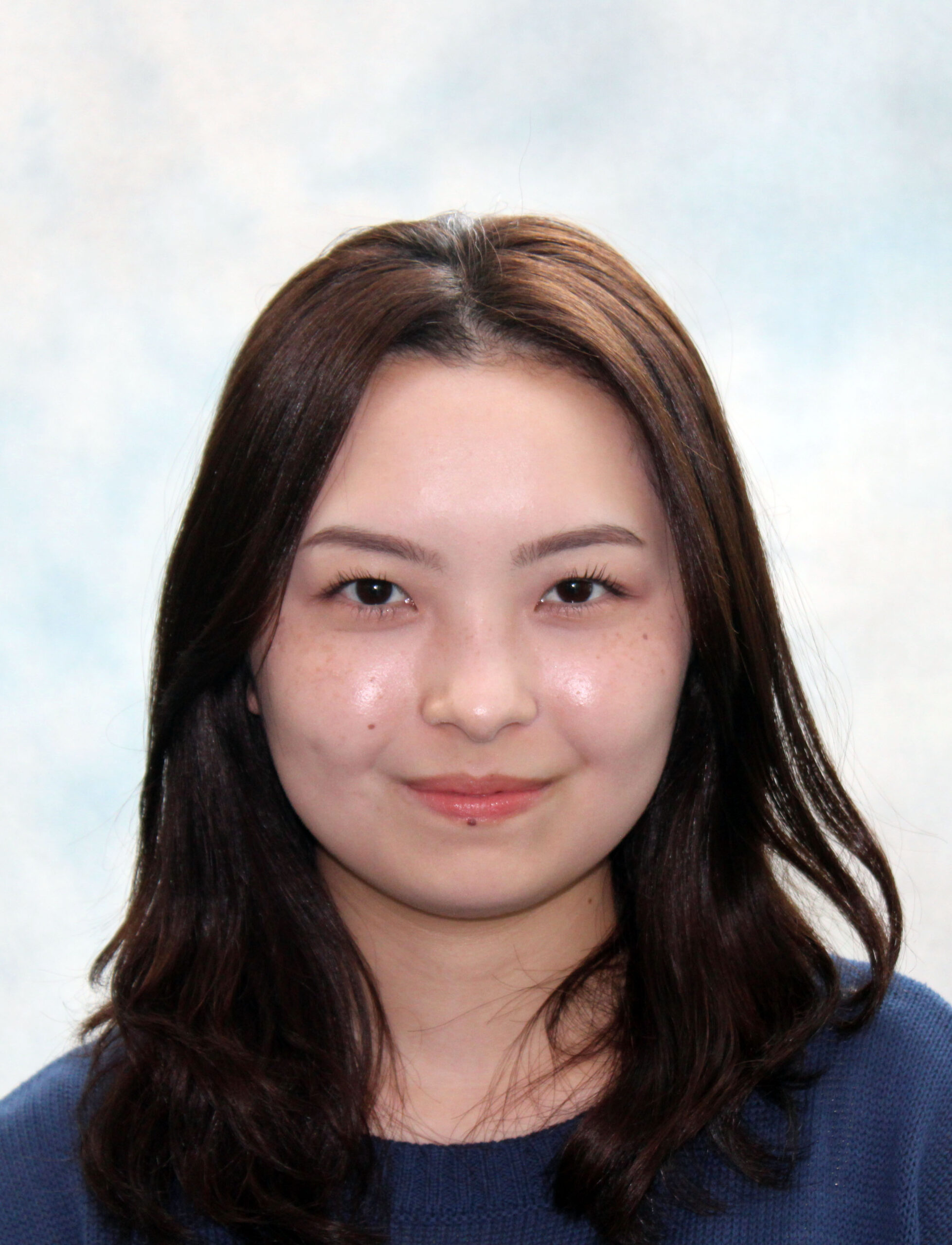
Maru Ando
Postgraduate Student
Related News
See all news-

Dr Tim Halim receives £3.3 million Wellcome Discovery Award
3rd April 2024
The Wellcome Discovery Award provides funding for established researchers to pursue bold and creative research ideas.
Find out more -

Thomas Yip awarded Postgraduate Student Thesis Prize
10th October 2023
The prize is awarded annually to a student who has undertaken an outstanding research project to the highest standards
Find out more -
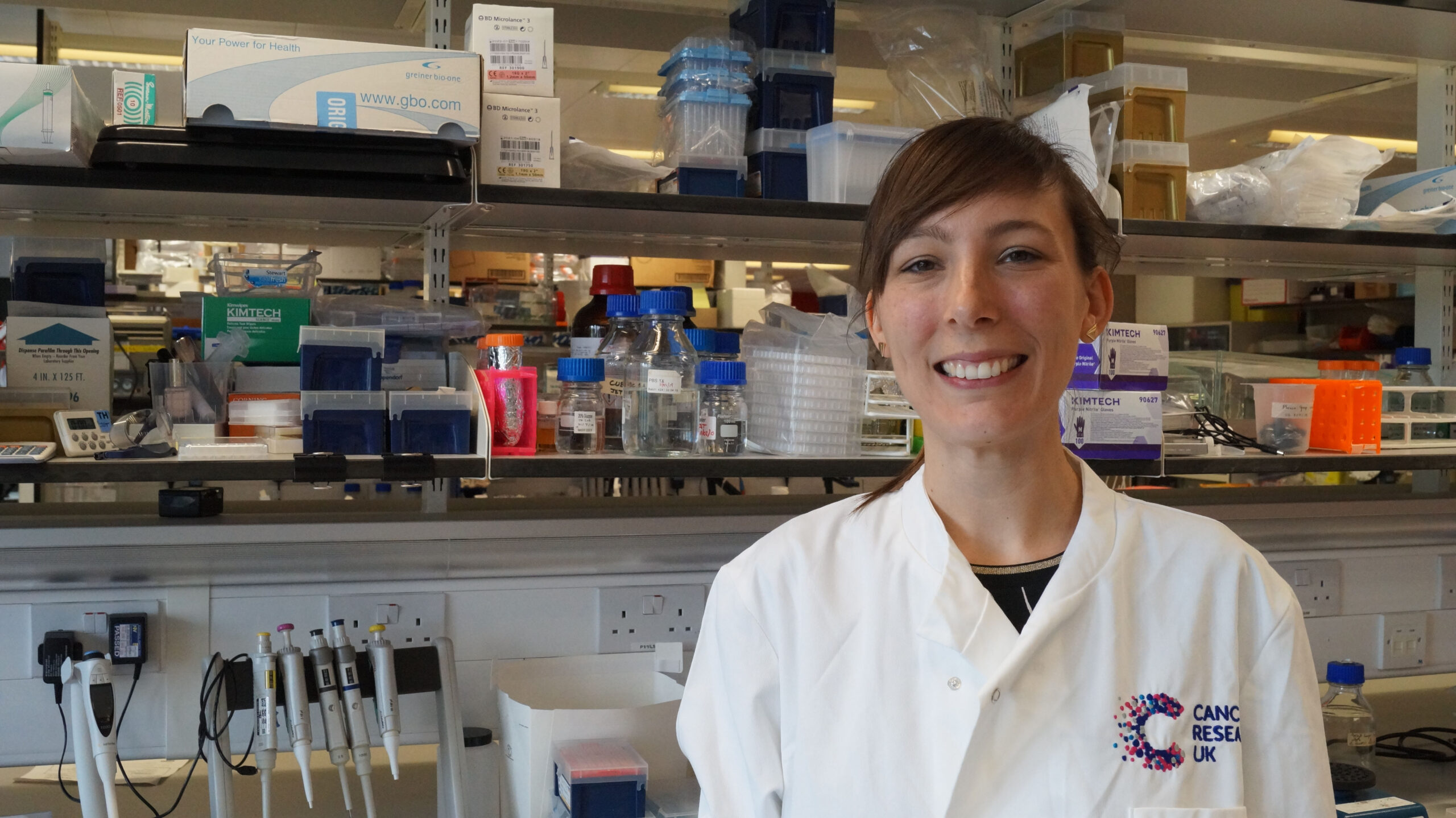
Dr Stockis awarded Marie Curie Fellowship to investigate immune cell communication
1st May 2019
Dr Julie Stockis, Halim Group, has been awarded a prestigious Marie Skłodowska-Curie Fellowship.
Find out more
Publications
-
Role of innate lymphoid cells in cancer metastasis.
E-pub date: 1 Oct 2023
-
BACH2 restricts NK cell maturation and function, limiting immunity to cancer metastasis.
E-pub date: 5 Dec 2022
-
Context-dependent effects of IL-2 rewire immunity into distinct cellular circuits
E-pub date: 20 Dec 2020
-
Early Neutrophilia Marked by Aerobic Glycolysis Sustains Host Metabolism and Delays Cancer Cachexia.
E-pub date: 15 Feb 2022
Laboratory Efficiency Assessment Framework (LEAF)
The Halim Group contributed to the Institute’s LEAF Silver accreditation, see the Sustainability webpage for more information.